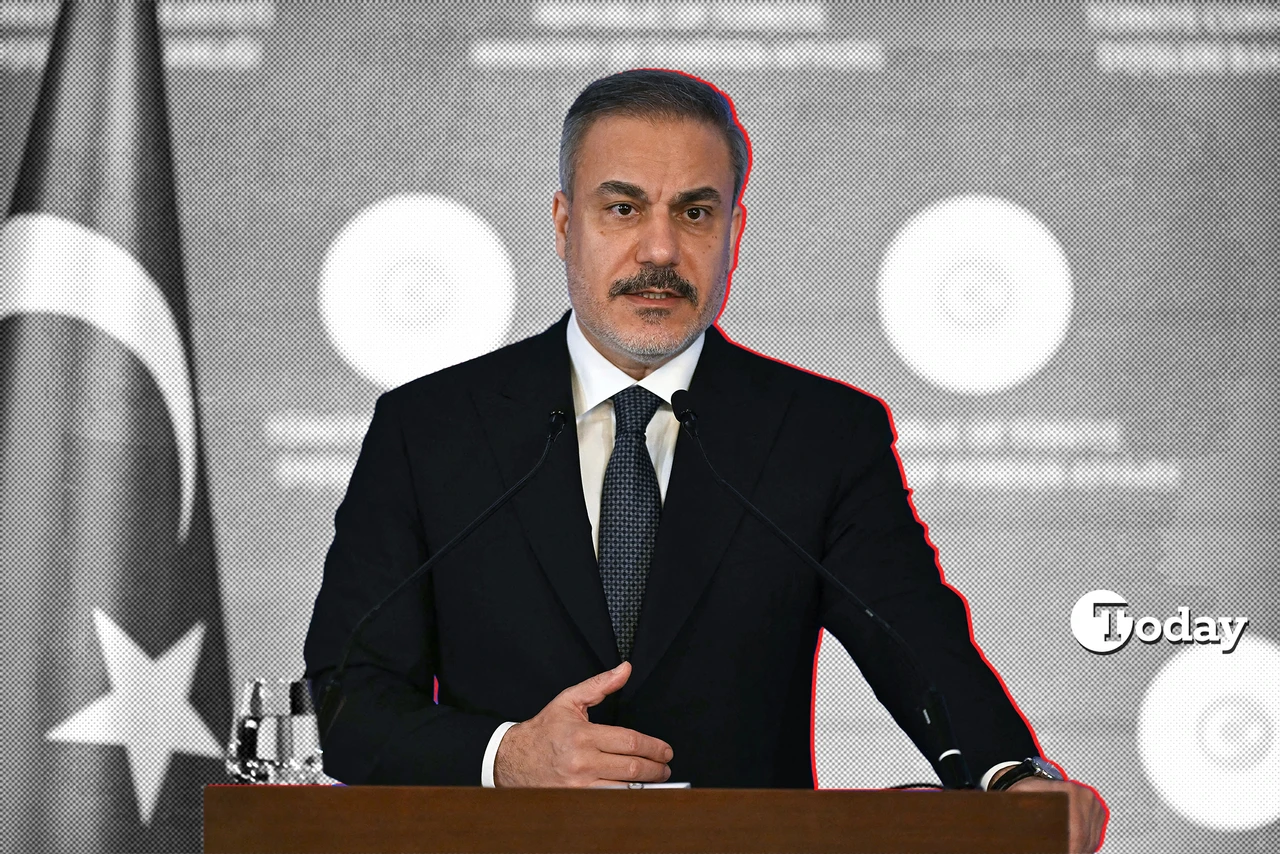Israeli army signals future military plans in occupied Syrian territory
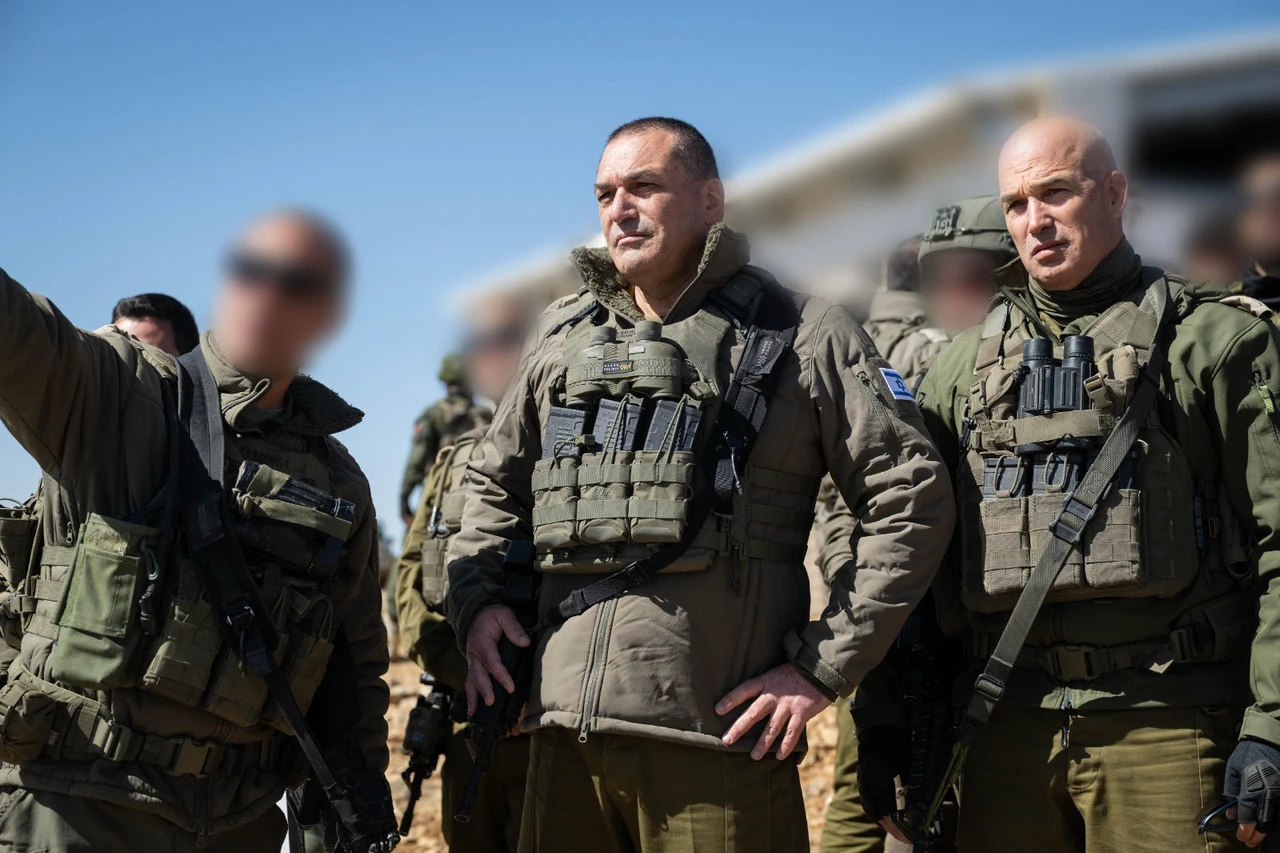 Israeli Chief of Staff Eyal Zamir during its field tour in occupied Syrian territories on 20 April, 2025. (Photo via X / @idfonline)
Israeli Chief of Staff Eyal Zamir during its field tour in occupied Syrian territories on 20 April, 2025. (Photo via X / @idfonline)
Israeli Chief of Staff Eyal Zamir approved forward-looking offensive and defensive military plans during a field tour conducted on Sunday in territory Israel occupies in Syria, according to a statement by the Israeli army.
Zamir visited the Golan Heights and surrounding buffer zones with top military officials, including Northern Command Chief Maj. Gen. Uri Gordin and Division 210 Commander Brig. Gen. Yair Plai.
The Israeli army described the area as “strategically vital.”
Speaking from an undisclosed vantage point in the occupied zone, Zamir said the deployment of Israeli forces followed what he called the collapse of Syrian central governance. “We are holding key positions and are on the frontlines to best protect ourselves,” he stated.
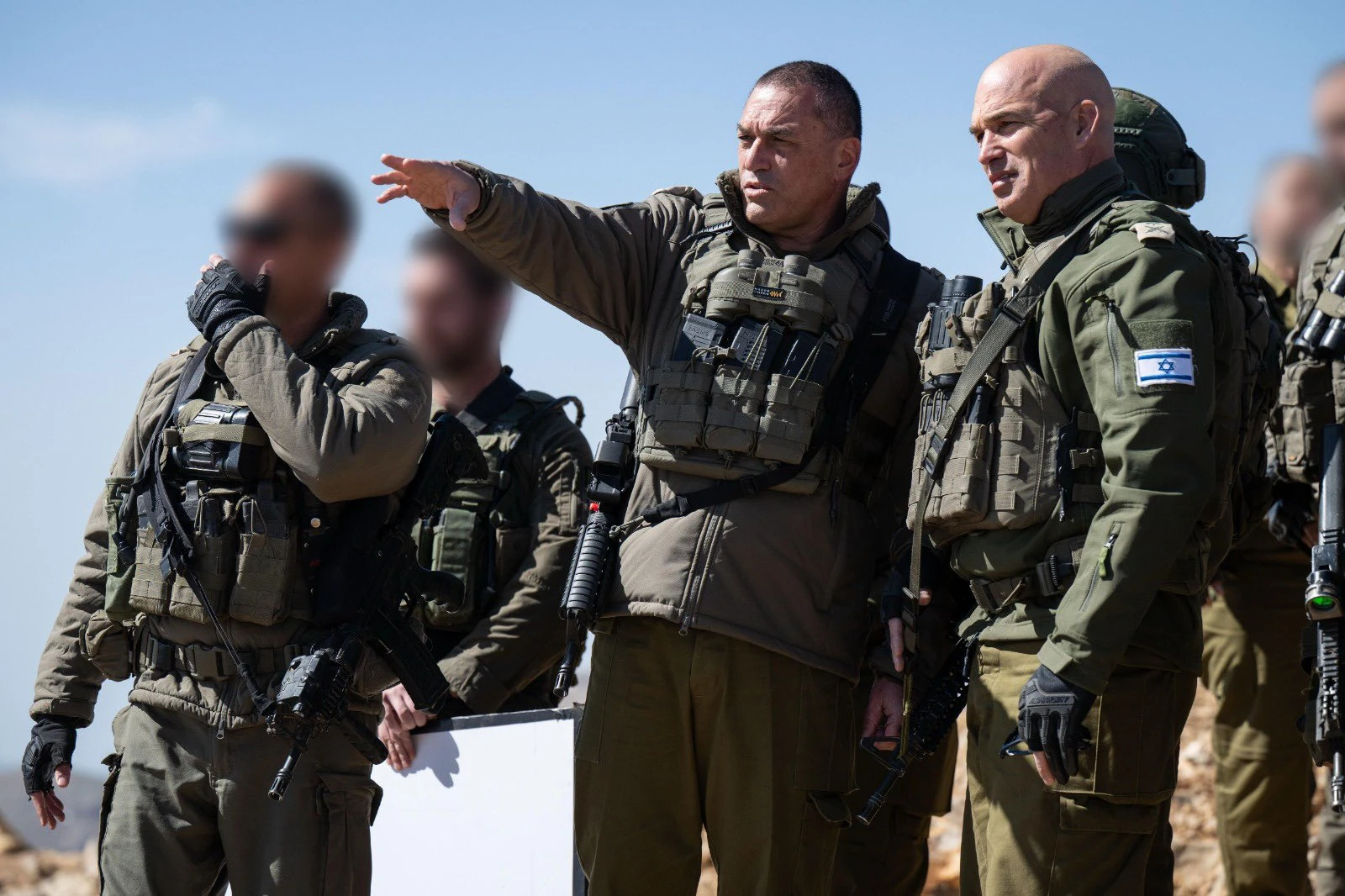
Strategic area remains under Israeli occupation
Zamir highlighted the military significance of the ridge in the Golan region, adding that it provides broad visual command over the surrounding terrain.
“We don’t know how things will develop here,” Zamir said, “but our presence has extremely important security significance.”
The Israeli military confirmed that troops will continue to operate in the buffer and so-called security zones which Israel occupies to “defend residents against any threat.”
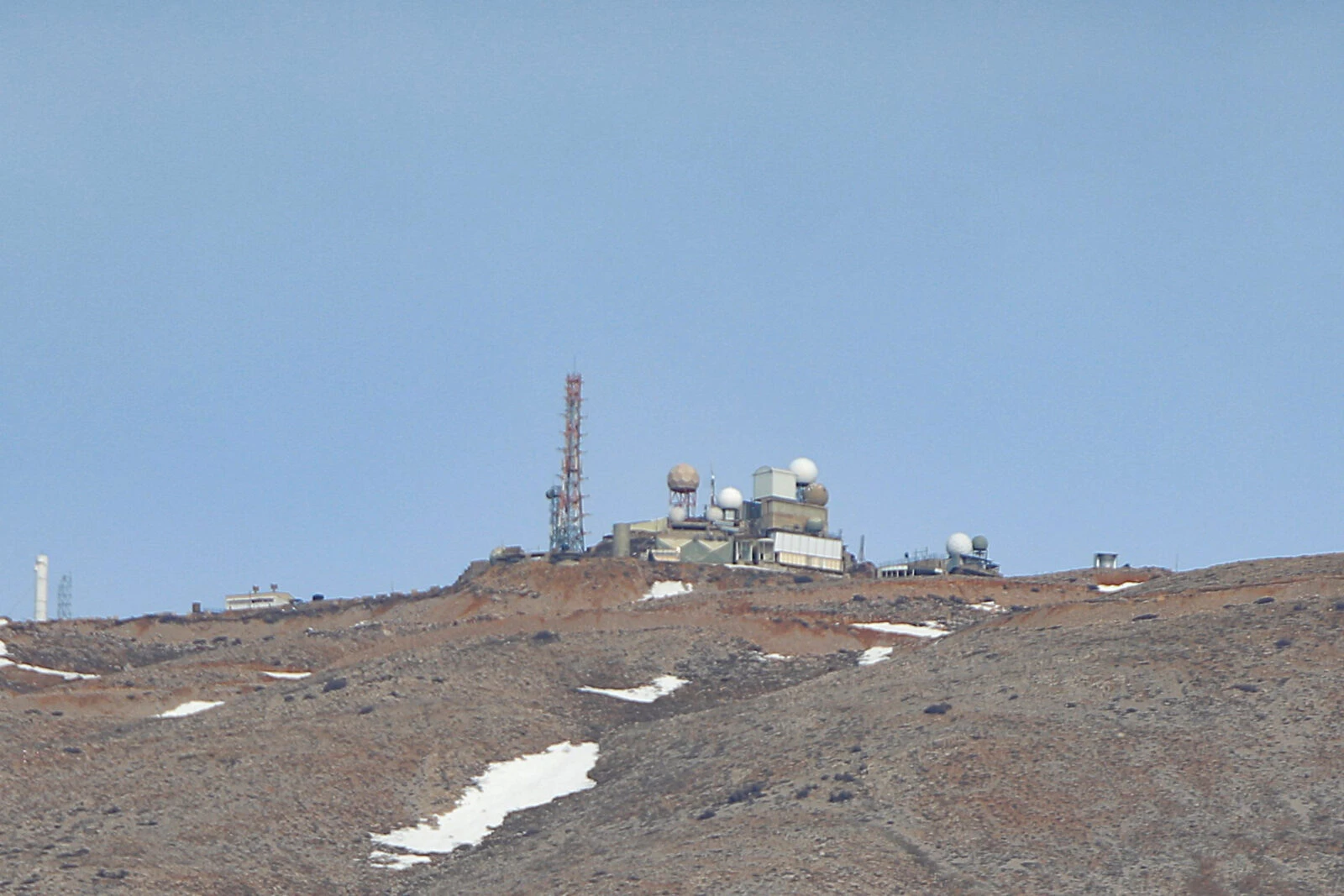
Israeli expansion in Syria after Assad’s fall
Since the fall of former Syrian President Bashar al-Assad in December, Israeli forces have expanded their occupation in Syrian territory, including the demilitarized buffer zone near the Golan Heights.
The move has been widely criticized as a violation of the 1974 Disengagement Agreement between Israel and Syria, which established clear boundaries and prohibited military deployment in designated areas.
Israel has occupied the Syrian Golan Heights since 1967. The 1974 Disengagement Agreement between Israel and Syria established the borders of the buffer zone and the demilitarized area.
Israel occupied most of the Golan Heights during the 1967 Middle East war and later annexed the territory in a move never recognized by the international community.
In December 2024, Israeli troops took advantage of power vacuum and illegally entered areas previously off-limits, reaching within 20 kilometers of Damascus, the Syrian capital.
Though the newly formed Syrian transitional government under President Ahmed al-Sharaa has not posed direct threats, Israel has continued near-daily airstrikes across Syria.
These strikes have targeted military infrastructure, weapons facilities, and former Syrian army outposts.
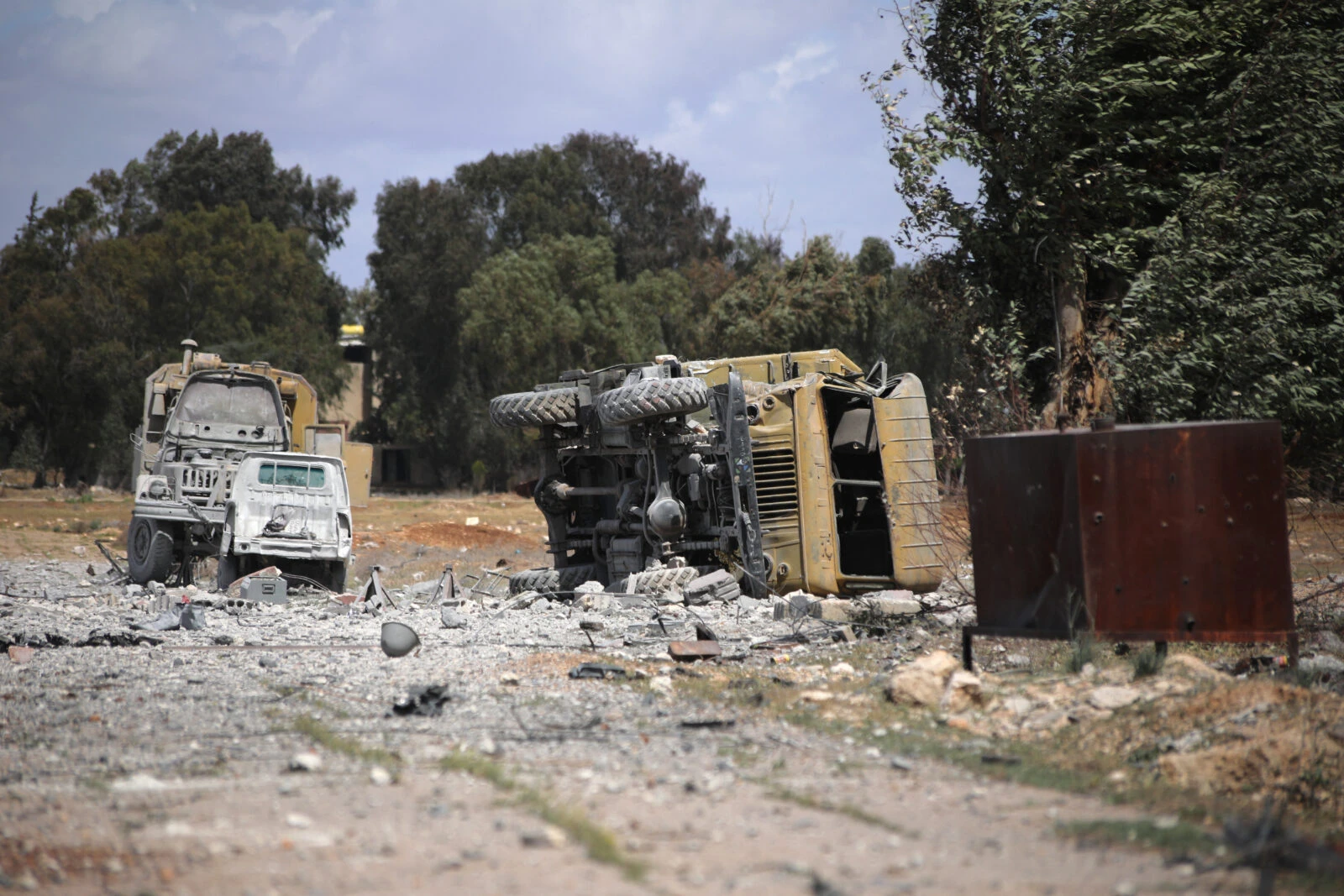
Israel ‘wants to avoid’ conflict with Türkiye in Syria
Following a meeting with U.S. President Donald Trump, Israeli Prime Minister Benjamin Netanyahu said Monday that Israel “wants to avoid” any conflict with Türkiye and expressed concern over reports that Türkiye and Syria may sign a joint defense agreement involving Turkish deployment to the T4 airbase.
Fidan dismissed any claims of aggressive intentions, reaffirming, “As Türkiye, we have no intention of engaging in conflict with any country in Syria, including Israel.”
He criticized Israel’s regional strategy, saying it is unacceptable for Israel to provoke conflict in Syria by pursuing expansionist ambitions. “Since Assad’s fall, Israel has systematically dismantled Syria’s military infrastructure to leave nothing for the next government,” he said.
President Erdogan also recently emphasized Ankara’s commitment to preserving Syria’s territorial integrity, stating, “Just as we did not allow Syria to be divided through a terror corridor, we will not allow this country to be divided through other corridors either.”
“Whoever tries to prevent Syria from achieving lasting peace and stability, I say this openly, will find us standing against them alongside the Syrian government,” Erdogan stated.
In what appeared to be a message to foreign powers involved in Syria, Erdogan added, “Instead of testing limits of Türkiye’s patience in Syria, some actors should appreciate Türkiye’s friendship, act like a state, not a (terror) group.”
Assad, who had ruled Syria for nearly 25 years, fled to Russia on Dec. 8, ending the Baath Party’s control of the country after more than six decades in power.
Ahmed al-Sharaa, who led anti-regime forces to oust Assad, was declared president of a transitional government on Jan. 29.



